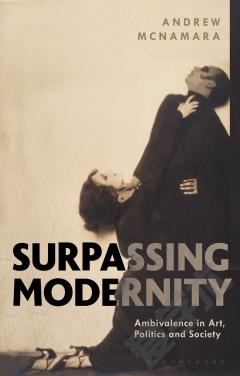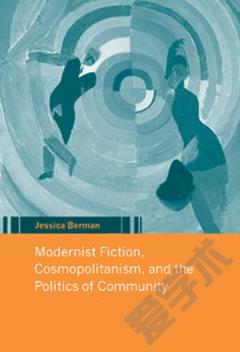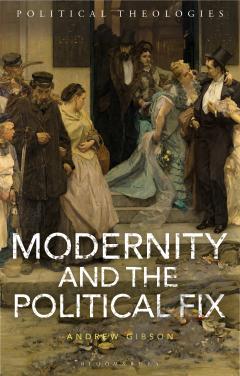Surpassing Modernity —— Ambivalence in Art, Politics and Society
----- 超越现代性
Over the course of the past five decades, a surfeit of terms have been often up that announce our surpassing of modernity. In the visual arts, the thing to be surpassed was modernism. By now, most of these terms have been forgotten. Despite the rapid obsolescence of terms, the impact of this ambition has been to denigrate any association with the modern as retrograde, Eurocentric and imperialistic, environmental vandals, culturally myopic, both naive defenders of progressive development and crudely deterministic, etc. On the positive side, we have all come out if this mess much better: we are much more aware of crude determinism, of environmental degradation, of the perils of the subject-object split, egoism and perilous dualities. Therefore we are more fully cognizant of the worldâs true complexity and we accept everyone equally for who or what they truly are. Outside of specialized philosophical, sociological and cultural circles, many people would have missed this grand transformation and may be forgiven for having failed to notice the difference. Yet, as this book seeks to demonstrate, the reliance upon modernist cultural propositions remains as prevalent as before. It is just this commitment is far more nuanced and culturally complex. And it needs to be. Because contemporary art forums are spreading this critical vocabulary around the globe, while all the time given these cultural propositions different names.
{{comment.content}}








 京公网安备 11010802027623号
京公网安备 11010802027623号